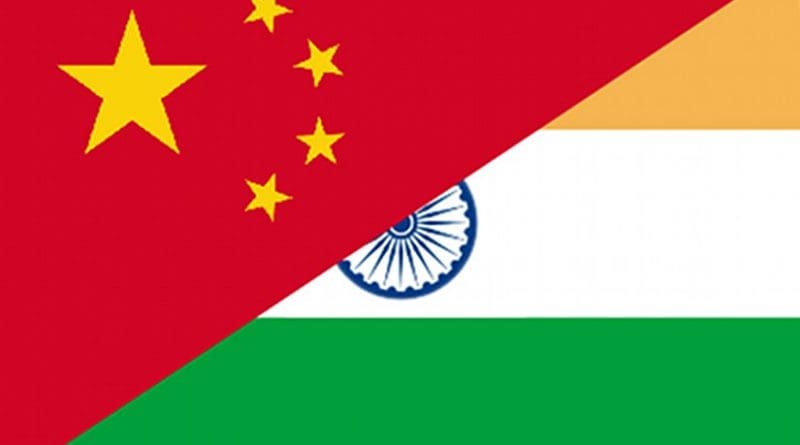India-China Mistrust Continues – OpEd
By Ishaansh Singh*
The latest India-China confrontation involving several fatalities is a reminder that their long-running border disputes are far from settled. Mutual distrust has characterised relations between the two nuclear-armed Asian giants since they went to war in 1962. At the same time they remain important trading partners.
Sino-India relations have remained strained over border issues and rival hegemonic ambitions for over half a century. The Doklam stand-off in 2017 and confrontation at the Chinese-administered Indian territory of Aksai Chin in June this year are examples of this mutual distrust.
China has angered India with its traditional close relations to Pakistan and by launching its Belt and Road Initiative aimed at deepening ties with several of India’s neighbours.
India has sought to contain China by strengthening its ties to Russia and SE Asia. It has also promoted links with the US, Australia and Japan – the Quad formation set up to promote a free and open Indo-Pacific region. It is also keen to work with the EU on maritime security and energy policy.
Under Modi and Xi, both countries have seen a tremendous rise in nationalistic political discourse which makes a compromise difficult when dealing with territorial sovereignty. Even though they have met several times in recent years and pledged to increase economic links, the mistrust remains. China refuses to accept India’s claim for a permanent seat on the UNSC. India has set up a mechanism to control Chinese FDI. And there have been mutual criticisms of handling the Covid-19 pandemic.
Despite the political distrust, India cannot neglect the Chinese market. In 2018, the bilateral trade between India and China was worth USD 89.6 trillion with a trade deficit of USD 62.9 billion in China’s favour. This has gone down this year as India increased trade with other partners. Although India pulled out of the Regional Comprehensive Economic Partnership amid growing concerns about competition , New Delhi wants to further strengthen India-ASEAN cooperation in sectors such as infrastructure, culture and tourism, e-commerce, and IT.
Both sides seem to have accepted the need to de-escalate and calm the situation. But this latest spilling of blood in the Himalayas will continue to fuel the mistrust that has characterised Sino-India relations for several decades.
*Ishaansh Singh is a student majoring in International Relations at the Symbiosis School for Liberal Arts, Pune

